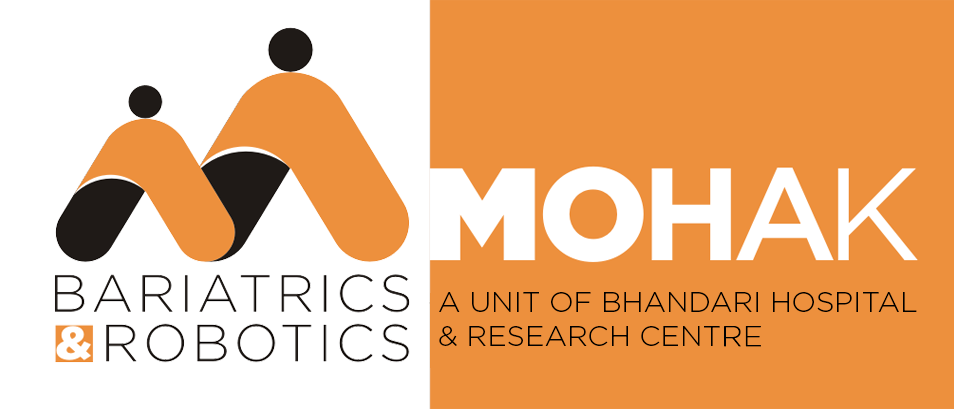Eating disorders are incredibly common in this day and age, especially with outside influences shaping the way people think. Advertisements play a large part in telling people they should look a certain way, making many incredibly conscious of the way they look. This can often lead to a variety of issues, especially eating disorders, as people struggle to attain the ‘perfect’ shape, causing immense weight issues. Here is everything you should know about eating disorders.

What is an eating disorder?
An eating disorder is characterized as irregular eating, in which a person may consume inadequate or excessive amounts of food, as a result of various mental factors. A person with eating disorders often has thoughts like ‘can I lose weight by eating less?’, ‘how to stay thin?’, etc, which shapes the way they think, directly affecting their intake of food. These can often lead to serious medical conditions, especially when the condition worsens without treatment.
What are the types of eating disorders and their risks?
There are 3 most common eating disorder types that people around the world suffer from.
- Anorexia Nervosa – A person suffering from anorexia nervosa is typically fearful of putting on weight, making them consume only a fraction of food they should be eating during the day. He/she will have abnormally low body weight and limit their food intake, often thinking that they are overweight. Patients use excessive methods such as starvation, taking laxatives, etc. to control their weight, which eventually leads to medical issues such as infertility, heart disease, etc.
- Bulimia Nervosa – Bulimia occurs when a person tries to compensate for eating by vomiting, taking laxatives, or even exercising excessively. This is mainly due to a fear of weight gain, as bulimics feel conscious about their weight and shape of their body. This can be potentially life-threatening, as Bulimia causes dehydration, heart disease, and various gastro-intestinal problems.
- Binge-eating disorder – Binge-eating occurs when a person no longer has control over eating. Unlike Bulimia, there is no vomiting or laxative intake. Binge-eaters are typically overweight, which causes medical issues such as diabetes, heart disease, and more. As they put on more weight, patients feel guilt and embarrassment over their weight, which forces them to eat and be pushed into a vicious cycle.
How to prevent an eating disorder?
Many people are sitting ducks for eating disorders, making it essential to know how to prevent them from surfacing
- Avoid eating lesser food, but begin eating more nutritious food
- Talk to your loved ones about the dangers of eating disorders, to educate them
- Develop a healthy body image, rather than sticking to what is seen in the outside world
- Focus on being happy, rather than ‘thin’
- If you feel yourself or someone else being obsessive about losing weight, seek help from a psychiatrist
You never know when someone may have an eating disorder, or the cause of it occurring, as each person’s personal environments and experiences are unique. However, it is necessary to seek timely help. Dr. Mohit Bhandari is a world-renowned Bariatric Surgeon with years of experience in the industry, helping people across the world battle obesity the right way.

2 Comments
Comments are closed.